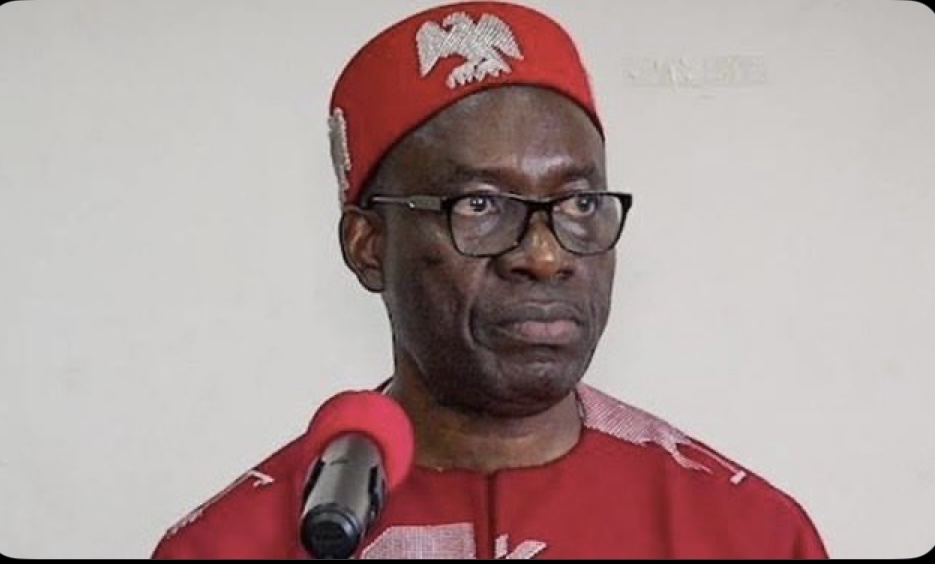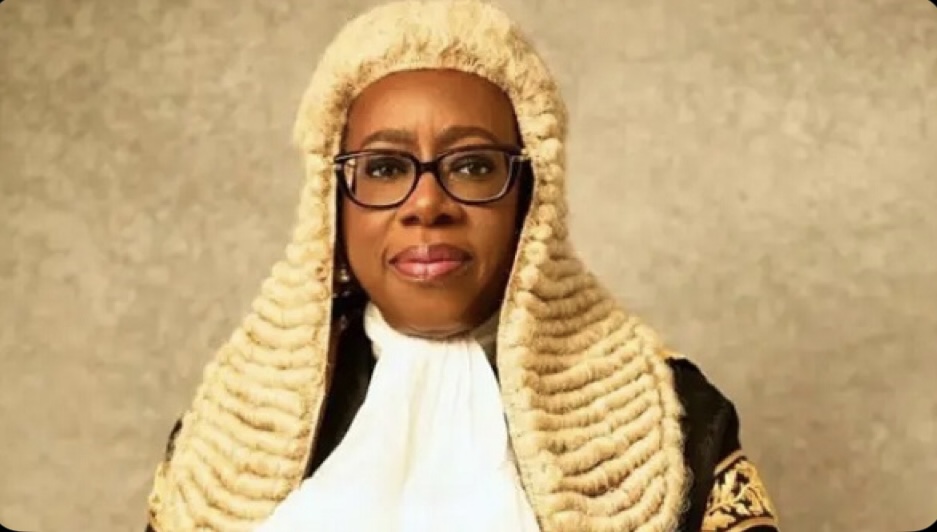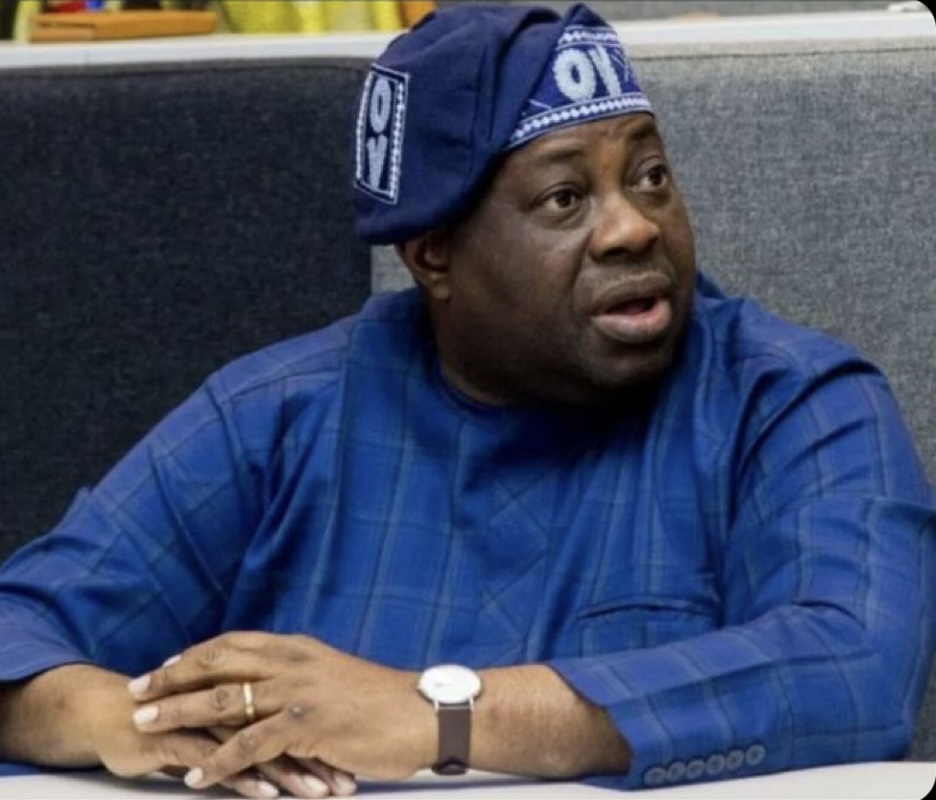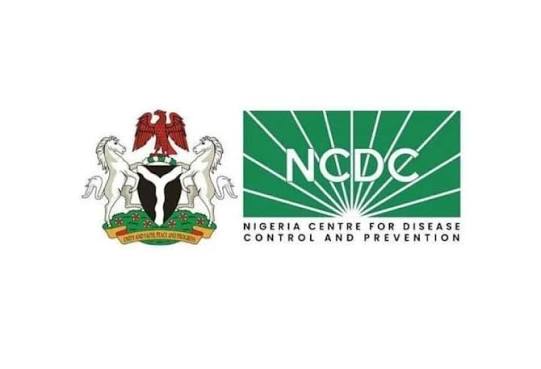PRNigeria CEO Drags NIPSS Before IGP Over Alleged Cybercrime
The Chief Executive Officer of PRNigeria, Yushau Shuaib, has filed a formal petition to the Inspector-General of Police (IGP), Kayode Egbetokun, demanding a thorough investigation into what he described as cybercrime and violations of digital rights by certain officials of the National Institute for Policy and Strategic Studies (NIPSS).
In the petition dated July 1, 2025, and also addressed to the Deputy Inspector-General in charge of the Force Criminal Investigation Department (FCID), Shuaib alleged that NIPSS officials unlawfully accessed a confidential editorial email belonging to PRNigeria.
He described the action as a serious violation of privacy and a dangerous encroachment on press freedom and journalistic integrity.
According to Shuaib, the email in question, titled “Understanding the ‘Blue’ in the Blue Economy: A PR Perspective” and dated April 25, 2025, was never sent to or shared with anyone within NIPSS. Yet, to his astonishment, it appeared as an attachment to an official query issued to him by NIPSS authorities.
The controversial incident unfolded during his participation in the Senior Executive Course (SEC 47) at NIPSS, from which he was later withdrawn under what he termed “questionable and vindictive” circumstances.
During a meeting with two NIPSS Directing Staff Rear Admiral A.A. Mustapha and Professor Elias Wahab Shuaib was informed of a pending query. He later received the formal query from the Acting Director of Studies, Barrister Nima Salman Mann, which included the allegedly hacked PRNigeria email.
“This email was never shared outside our editorial team and certainly not with NIPSS,” Shuaib stressed in the petition. “Its sudden inclusion in an official document raises serious concerns of cyber intrusion, digital surveillance, and unauthorised access to our internal systems.”
He called on the IGP to urgently investigate how the email was obtained, identify those responsible for the alleged breach, and prosecute them in line with Nigeria’s Cybercrime Act and other relevant laws.
The development has sparked broader concerns within media and civil society circles over the growing threat to digital privacy and press freedom in Nigeria, especially within government-linked institutions.







